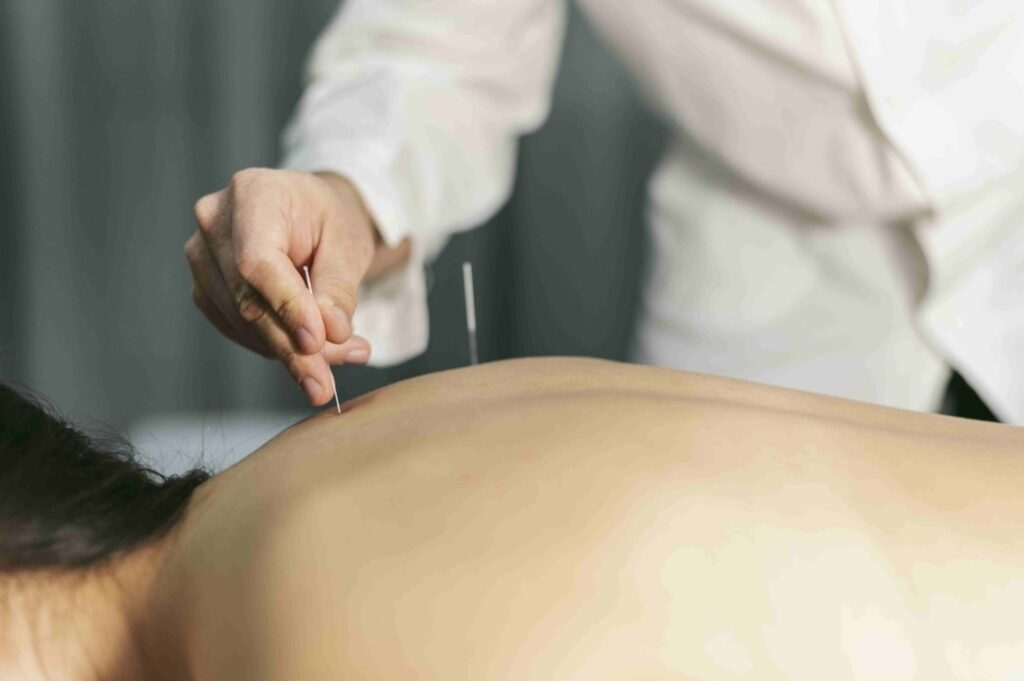Many couples today face challenges when trying to start a family. Issues like irregular cycles, stress, or underlying conditions such as PCOS often make the process difficult. This leads many to look for safe and supportive treatments that may improve reproductive health.
Acupuncture is one approach that has been used for centuries in traditional medicine. Today, it is gaining interest in the West as a complementary therapy for fertility. Couples searching for acupuncture in Newport Beach often explore this method.
Understanding Fertility Struggles
Fertility can be affected by many factors. Women may deal with irregular ovulation, blocked fallopian tubes, or hormonal changes. Men may face issues such as low sperm count or reduced mobility. Stress and lifestyle habits also play a big role in reproductive health.
When couples encounter these challenges, the journey to parenthood can become emotionally draining. Every month can bring uncertainty and disappointment. This emotional weight often leads people to seek additional forms of support that go beyond medication or procedures.
Acupuncture is often chosen because it is gentle, non-invasive, and may offer help alongside traditional medical care. Rather than promising overnight solutions, it aims to support the body’s natural rhythms, which can be especially valuable when fertility struggles feel overwhelming.
How Acupuncture May Help
Acupuncture is based on the idea of restoring balance in the body. By inserting fine needles into specific points, energy flow is believed to improve. In modern terms, it may influence blood circulation, stress hormones, and nerve activity.
For women, better blood flow to the ovaries and uterus may support egg quality and uterine lining development. A healthier uterine lining improves the chances of embryo implantation. For men, acupuncture has been studied for its possible effects on sperm count, mobility, and overall reproductive health.
Another possible benefit is pain reduction. Conditions like endometriosis or pelvic inflammation can make conception harder. By reducing discomfort and supporting circulation, acupuncture may make the reproductive system healthier and more prepared for conception.
Stress, Hormones, and Reproductive Health
Stress is a common barrier to fertility. High stress levels can disturb hormonal patterns, making ovulation and sperm production less regular. Couples who feel pressure month after month often find themselves caught in a cycle of stress and disappointment.
Acupuncture is often linked with reducing stress and calming the nervous system. It encourages the release of endorphins, the body’s natural “feel-good” chemicals, while lowering cortisol, the stress hormone. This relaxation may indirectly support reproductive functions.
Balancing hormones is also important for healthy fertility. Research suggests that acupuncture may help regulate reproductive hormones such as FSH, LH, and estrogen. While not a replacement for medical treatment, this approach can complement ongoing care and bring additional support for the body’s natural functions.
Acupuncture in Daily Fertility Care
Acupuncture in Newport Beach and other cities is often combined with lifestyle changes. Diet, exercise, and stress management are usually part of the plan. Many practitioners also work with couples who are undergoing fertility treatments such as IVF or IUI.
Using acupuncture during these procedures may help reduce the side effects of medications, ease anxiety, and improve blood flow to reproductive organs. Couples often report feeling more balanced and supported, which can make the fertility journey less overwhelming. The emotional comfort provided can be just as valuable as any physical effect.
Some people choose to begin acupuncture months before trying to conceive, giving the body time to adjust and prepare. Others turn to it after fertility treatments begin, using it as added support throughout the medical process. Both approaches can work, depending on personal goals.
What to Expect in a Session
A first session usually involves a full review of health history and lifestyle habits. The practitioner asks about menstrual cycles, stress, diet, and sleep patterns. After this, very fine needles are placed at selected points and left for about 20–30 minutes.
Most people find the process relaxing and gentle. Some even describe a session as a time of deep rest. The number of sessions depends on individual needs and goals. Some may come weekly, while others may need fewer visits.
Over time, the treatment is often adjusted to match changes in the body. For example, a woman may receive different point selections during ovulation compared to the luteal phase. This personalized approach is part of what makes acupuncture appealing for fertility care.
Conclusion
Fertility challenges can be stressful and often require a mix of medical and supportive care. Acupuncture may help by reducing stress, improving circulation, and supporting reproductive health. While results vary, it can be a valuable part of a balanced plan.
At Hannah Integrative Health, the focus is on combining traditional methods with modern insights. Couples seeking natural support may consider acupuncture as one tool among many. For those exploring options, this gentle approach may provide comfort, resilience, and hope along the way.

